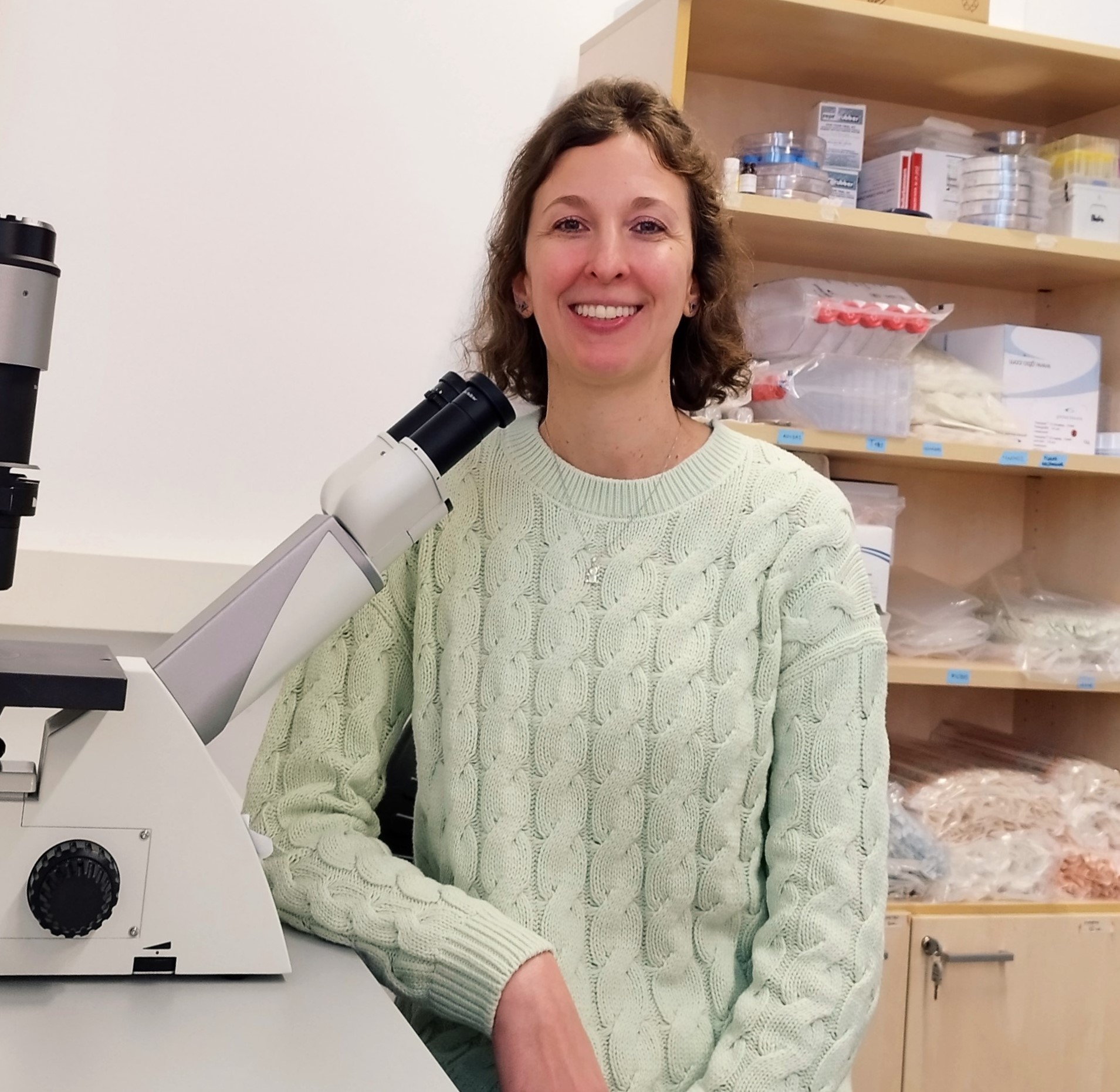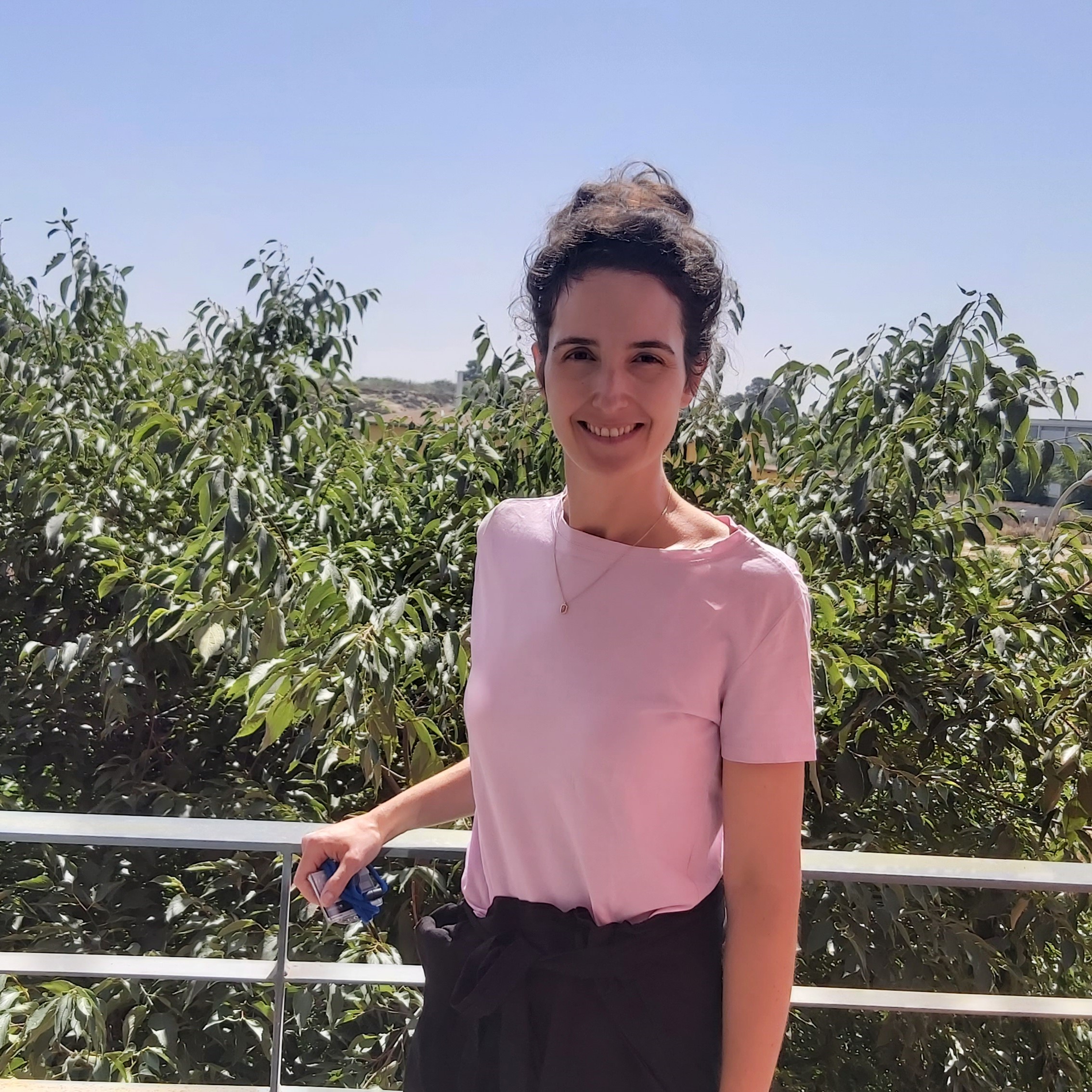
Why you decided to go into research
I am a very curious person and I like to know the why of things, how they work, why they happen. I love to solve problems, as if each one were a puzzle to be solved. With all these motivations in mind, the obvious choice for me was to go into research.
Was it always clear to you that you wanted to be a researcher?
I was not entirely sure about going into research, but it was always an option that dominated over others that I liked. There was a moment, when I was at university, when I started to doubt whether I should follow the research path because I also had other interests. However, as I said, I am very curious, so it was that curiosity that won out in the end.
How long have you been associated with the I3A and what would you highlight about the Institute?
I have been at the I3A for two and a half years, since October 2021, and what I like most is that it is an Institute dedicated to Engineering. For everything I do, sometimes when it comes to setting up your experiments you need to be very creative. At the I3A, I have found the creativity that my research needed. I love the fact that it is such a diverse institute, that we can do Biomedical Engineering or we can find robots running around.
In your research group, what are your main lines or areas of work?
In the Multiscale Research Group in Mechanical and Biological Engineering (M2BE), I have two main lines of work. On the one hand, I focus on Tissue Engineering for tissue regeneration, an area in which I have been involved since the beginning of my academic career. But, since joining the I3A, I have broadened my focus by using tissue engineering and biomaterials science to investigate cancer. This new research direction has allowed me to apply my previous knowledge in these areas to the study of cancer.
Any ongoing projects you would like to highlight
I would like to highlight two projects, one from each line of research. In cancer, I focus on the tumour extracellular matrix, an aspect that is often overlooked in cancer research. Traditionally, the focus has been on cells, but the importance of the surrounding environment is increasingly recognised. In terms of tissue regeneration, we are exploring bioprinting, a perhaps more advanced and futuristic technique to create implants for tissue regeneration.
How do you see the future of your research area, and are there any trends or challenges that you find particularly interesting or important?
In the field of tissue regeneration I see a movement towards the creation of personalised tissue constructs incorporating the patient's own cells to create the perfect implant, a trend that is leading us towards personalised medicine. In the field of cancer I see a similar direction. We are realising that the tumour environment is unique to each patient. Therefore, the challenge and opportunity lies in being able to characterise that environment with our tools. This will allow us to offer each patient a personalised and targeted therapy that maximises their efficacy.
What do you enjoy most about your profession and what do you enjoy least?
What I enjoy most is the feeling of working towards the future, of somehow inventing it and participating in it, it is something that really appeals to me. I also really enjoy solving the problems, the puzzles of research.
What I dislike the least is that it is too hard a profession, and it should not be so hard and full of obstacles. We often come up against barriers and obstacles that hinder our progress. It is frustrating to hit a wall when you are trying to move forward and have to stop.
What would you say to anyone thinking of going into research?
That you should think carefully about your decision, that you should be sure that this is what you really want to do. But also, that research is very rewarding, especially when you realise that you are contributing to the advancement of society and a better world.
CLOSE UP…
What you studied: Double Degree in Chemistry and Biochemistry
A dream to fulfil: On a professional level, for one of the therapies we are researching to reach a patient. On a personal level, I would really like to visit the whole world.
What do you spend your free time doing: Travelling, reading, going out and making plans with friends, I am a very social person.
A book: I read so much that I read everything from the Harry Potter saga to Mary Shelley's Frankenstein.
A film: The Lord of the Rings trilogy and Interstellar.
A series: Stranger Things and Game of Thrones.
Favourite band or singer: Bruce Springsteen, Amaral, Héroes del Silencio, and some folk.
A trip: Korea impressed me a lot and I would love to go back to Australia soon.
How would you define yourself: A bit chaotic, although I don't project it, internally I feel it, and also creative in the sense of going off on tangents.
